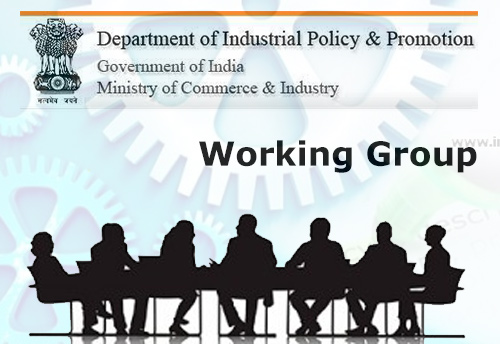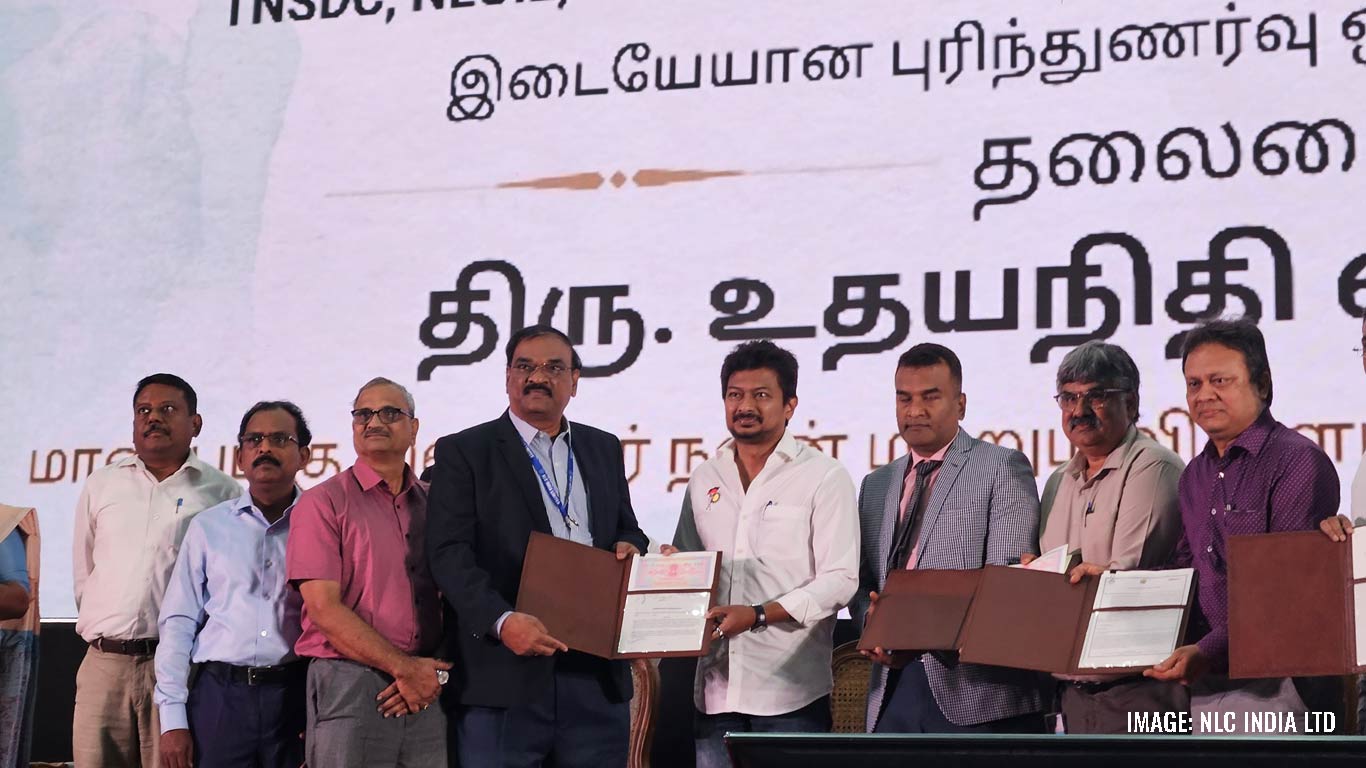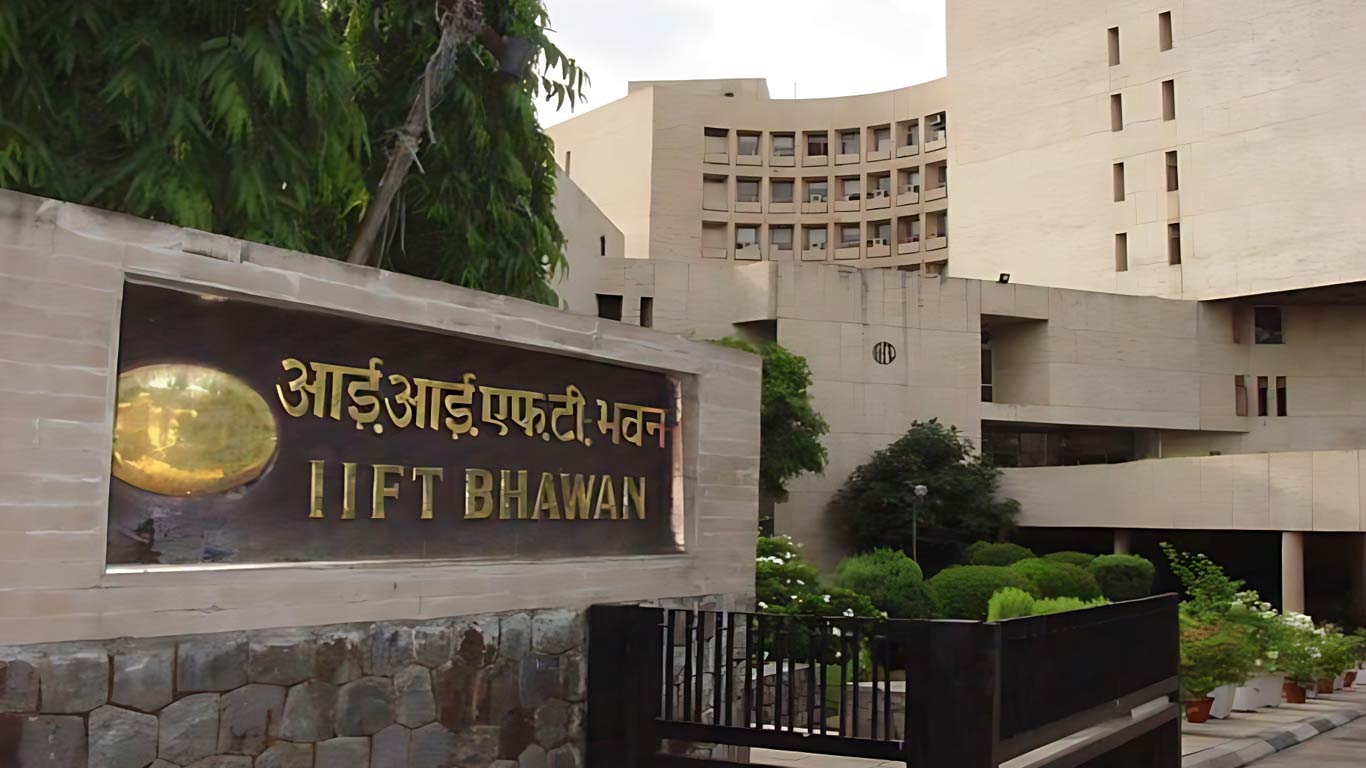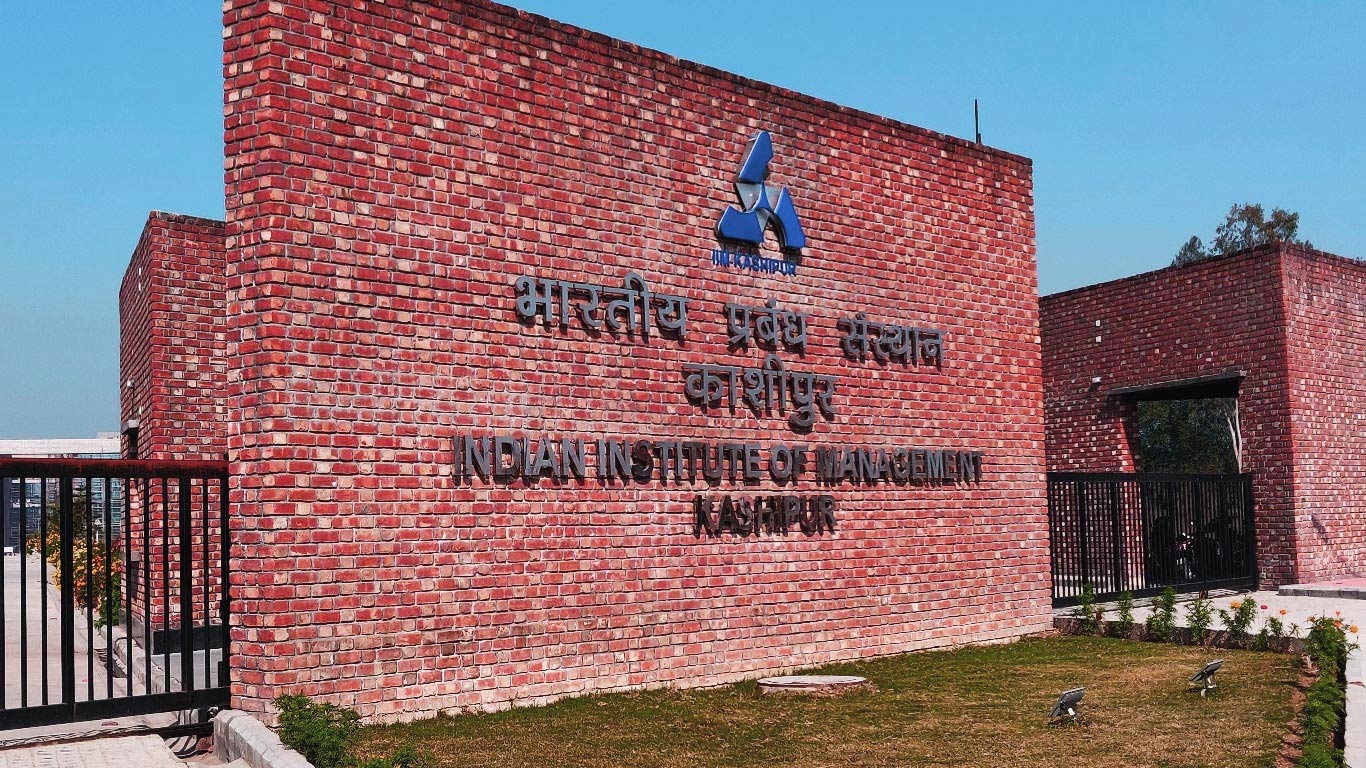Working group’s draft report on roadmap to $ 5 trillion economy suggests focus on MSMEs; invited comments
Updated: Oct 18, 2018 11:06:25am

Working group’s draft report on roadmap to $ 5 trillion economy suggests focus on MSMEs; invited comments
New Delhi, Oct 18 (KNN) The working group tasked to develop a roadmap towards achieving a USD 5 trillion economy by 2025 has drafted its report and has circulated it to stakeholders for suggestions by October 26, 2018.
The group was constituted by the Department of Industrial Policy and Promotion (DIPP) under the Ministry of Commerce & Industry. The first meeting of the Working Group on USD 5 Trillion Indian Economy chaired by Minister of Commerce and Industry (CIM) on March 15, 2018.
Apart from the Secretaries of various departments, industry bodies including Federation of Indian Micro and Small & Medium Enterprises (FISME)) was present in the meeting.
The draft report highlighted that, “India is currently bestowed with a “youth bulge” –by 2020, the average age in India will be 29 years. India offers an expanding market with income levels and size of the middle class increasing.”
Several reports indicate that achieving a USD 10 trillion is doable. According to Morgan Stanley, India's GDP could reach USD 6 trillion in 2027 if its digitisation drive succeeds.
A PwC Report suggests India can become a US$ 10 trillion economy in the next 20 years, for which it needs to grow at a compound annual growth rate (CAGR) of 9 per cent.
The proposed Industrial Policy 2018 provides an overarching and sector-agnostic agenda for the enterprises of the future. It envisions creating a globally competitive Indian industry that is modern, sustainable and inclusive. The strategies include horizontal enablers that promote economic activity in the country.
“The report of the Working Group should be considered complementary to the Industrial Policy,” the draft noted adding that it presents specific policy recommendations in identified sectors in each area.
The recommendations included in the report reflect the priorities and are comprehensive measures for development of the respective sectors.
One of the medium and long term measures suggested in the report is accelerating the pace of public investment in agriculture and ensure greater efficiency in capital use. Strengthened linkages with micro, small and medium enterprises (MSMEs).
The Working Group also suggested a three pillar strategy to achieve the expansion of the manufacturing sector output.
--- Focus on existing high impact sectors
--- Focus on emerging sectors
--- Focus on MSMEs
It also stressed upon the need for renewed focus on existing high impact sectors. The large labour-intensive sectors should be the thrust sectors to ensure that the job creation challenge is met.
For Defence sector, the report suggests ensuring high-quality anchor investors capable of spurring growth of associated suppliers (including MSMEs) and Offer limited period incentives to anchors, if required. It also suggests include it as priority-sector funding.
The report has suggested to give focus on MSMEs.
It said, “Given the predominance of MSMEs in the manufacturing sector, they need to be assisted..To overcome the issue of non-availability of historical data / behaviour in case of MSMEs (often leading banks to consider them high-risk / avoidable borrowers), create a credit registry of MSMEs, to be shared amongst banks.
There is a need to explore inclusion of technology and quality upgradation as part of priority sector funding and ensure an enabling regulatory network.
It also suggests facilitating their scaling up in terms of size, technology, product quality and value-add to their products. To achieve the same, MSMEs need to be trained and exposed through workshops.
The disincentives for scaling up need to be removed, the draft report proposes.
Further, to enhance their profitability and operational efficiencies, shared infrastructure and facilities need to be encouraged, like effluent plants, testing labs, expensive IT Systems and Industry 4.0/ smart manufacturing technologies. Again, awareness needs to be generated, including developing ‘model’ sharing plans, which can be adapted by companies.
The working groups has suggested that the larger companies must step in to help MSMEs in their supply chain to improve quality, productivity and technology.
The specific suggestions for the MSMEs include: Development of Credit Guarantee Schemes by Governments; Specialized Banks for SME Financing (SME Bank); Development of Hometown Investment Trust (HIT) Funds for Risky SMEs; Development of SME Credit Risk Databases, Credit Bureaus and SME Credit Rating; Promoting E-Commerce; Insurance Scheme for MSME and more.
The stakeholders have to send their inputs by October 26, 2018. (KNN Bureau)











